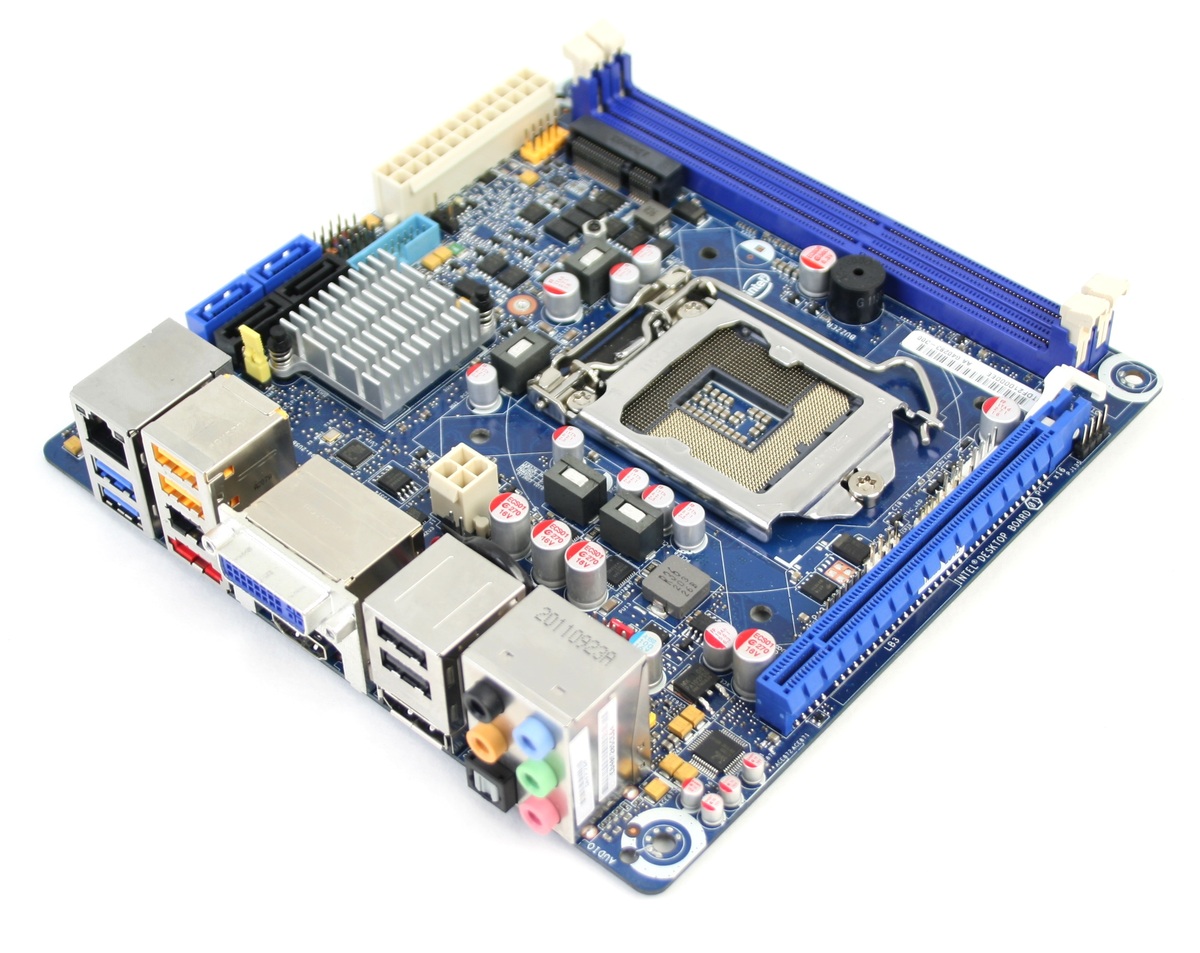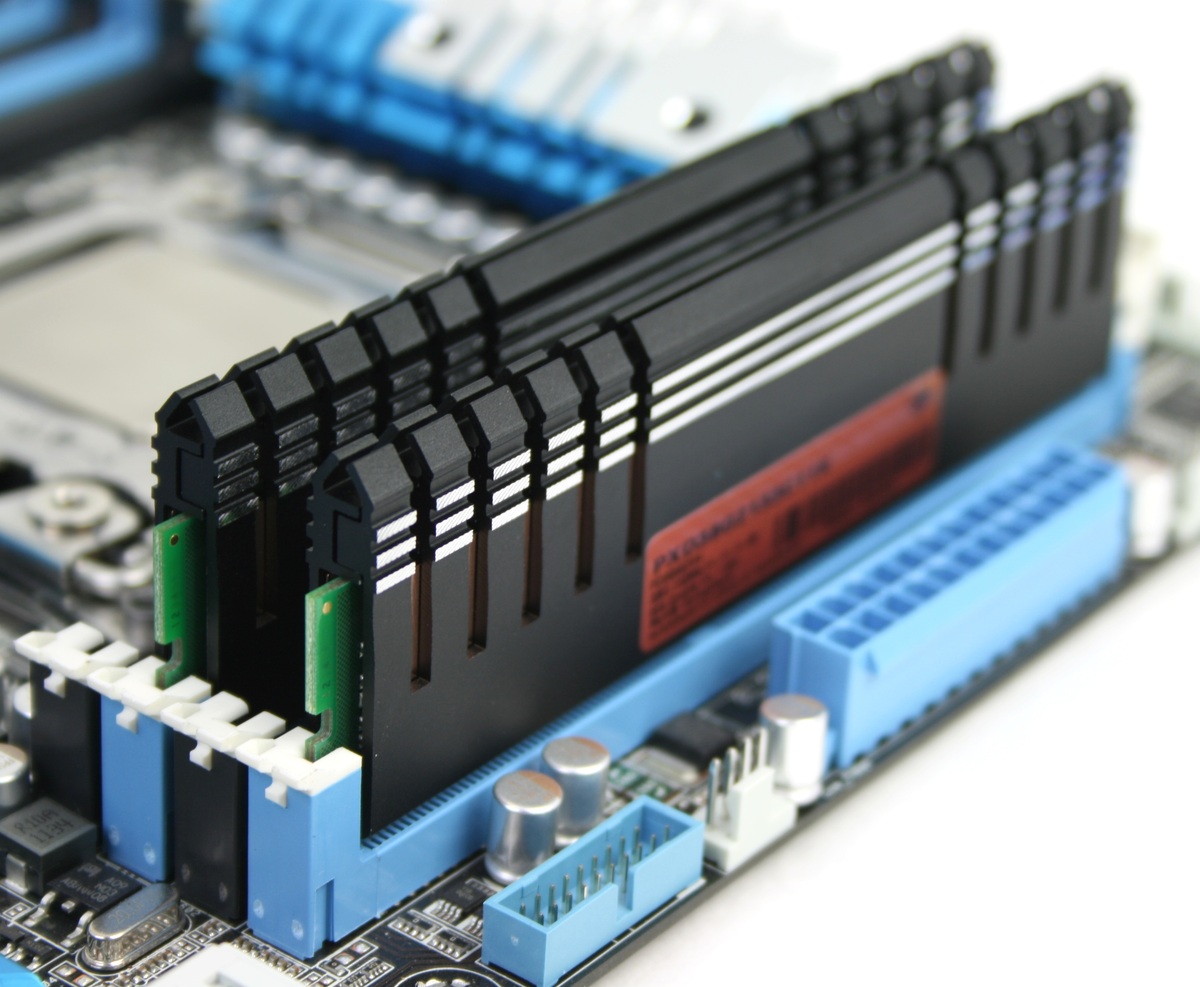Over the next few months I plan to share with you specific products and services that help me be more productive. I prefer simple, elegant solutions to complex products bogged down by every feature imaginable.
It wasn’t long ago that the task of moving files from one computer to another required a CD burner, flash drive, or emailing them to yourself. If you were savvy, maybe you shared files over a network. Today that scenario is made more complicated with the proliferation of smart phones and tablets that often do not share the same file structure or network protocols.
I have a PC at home and another at work along with a smartphone and tablet. There are times when I want to access a spreadsheet from my tablet that I created on my work PC. Or maybe I have pictures on my home PC that I’d like to show a friend from my smartphone.
Dropbox is the product that makes it happen.











